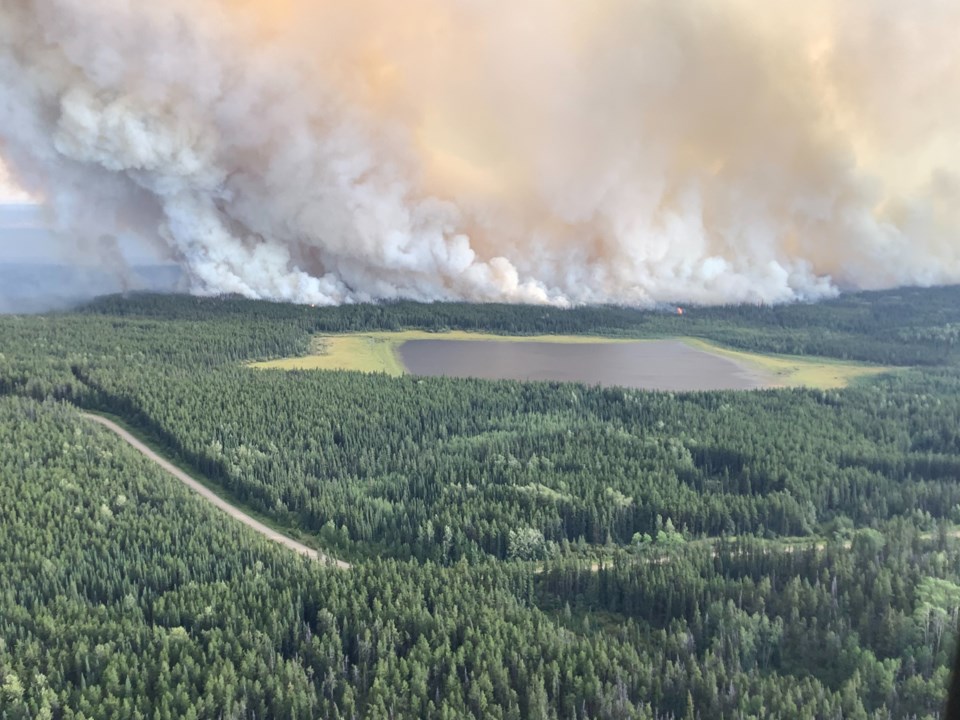The Forest Enhancement Society of BC (FESBC) has unveiled its latest Accomplishments Update, titled “Climate Solutions Powered By British Columbia’s Forest Workers,” highlighting the significant achievements of its funded projects across the province.
The update details how these initiatives have reduced greenhouse gas emissions and created economic opportunities, offering a glimpse into the future of a sustainable bioeconomy in local B.C. communities.
One standout project is led by the Williams Lake First Nation, which has implemented an innovative approach to wildfire risk reduction and green energy production. Instead of burning wood waste in slash piles — a practice that contributes to air pollution and greenhouse gas emissions—the Nation transports the material to local facilities where it is converted into green energy. This method has prevented 490 tonnes of carbon emissions, equivalent to removing more than 100 passenger vehicles from the road for a year.
FESBC executive director Steve Kozuki praised the project, stating, “We are very proud of our local project partners across British Columbia who have implemented creative and impactful initiatives. These projects demonstrate that environmental and economic goals are not mutually exclusive but can indeed benefit both.”
The Accomplishments Update also examines the broader societal impact of these projects, using the Social Cost of Carbon to assess their effectiveness in reducing carbon emissions. FESBC’s projects consistently exceed expectations, showcasing their role in building a more sustainable future.
Additionally, the update highlights two other notable initiatives: the BioNorth Energy plant project in Fort St. James, which processes low-value fibre with the Nak’azdli Development Corporation, and Atli Resources LP’s chip plant, which processes low-value fibre with the ‘Namgis First Nation. These projects exemplify how FESBC funding drives meaningful environmental, social, and economic benefits.
To learn more, visit www.fesbc.ca. The complete report is available at https://tinyurl.com/FESBC-FAll-2024-Accom-Update.
The Forest Enhancement Society of BC advances environmental and resource stewardship of B.C.'s forests by preventing and mitigating wildfire impacts, improving damaged or low-value forests, enhancing wildlife habitat, supporting the use of fibre from damaged and low-value forests, and managing greenhouse gases. FESBC partners with the governments of B.C. and Canada to support hundreds of projects across the province.



